Building a home is a monumental task, and one crucial decision is choosing the right bricks for construction. In India, where diverse climates and environmental factors come into play, selecting the most suitable bricks is paramount. This guide provides a comprehensive overview to help you make an informed decision, ensuring your house stands strong for generations.
Factors Influencing Brick Selection
Climate-Resistant Bricks In a country as geographically varied as India, climate considerations are pivotal. Opt for bricks that withstand extreme temperatures and humidity, ensuring longevity and structural integrity.
Sustainable and Eco-Friendly Options With environmental consciousness on the rise, choosing eco-friendly bricks is a smart move. Explore alternatives like fly ash bricks or those made from recycled materials to contribute to a greener construction process.
Load-Bearing Capacity Understanding the load-bearing capacity of bricks is essential for constructing a safe and durable home. The right bricks should efficiently bear the weight of the structure without compromising stability.
Here’s a detailed breakdown of the description, advantages, and considerations for each type of brick commonly used in house construction in India:
1. Clay Bricks:
- Description: Traditional red clay bricks, kiln-fired and commonly used for centuries.
- Advantages:
- Good thermal insulation properties.
- Durable and can withstand various weather conditions.
- Offers a classic and aesthetic appearance.
- Considerations:
- Quality can vary; choose bricks with consistent composition and strength.
- May not be suitable for earthquake-prone regions without additional reinforcement.
Clay Wire Cut Brick, 9 in x 3 in x 2 in
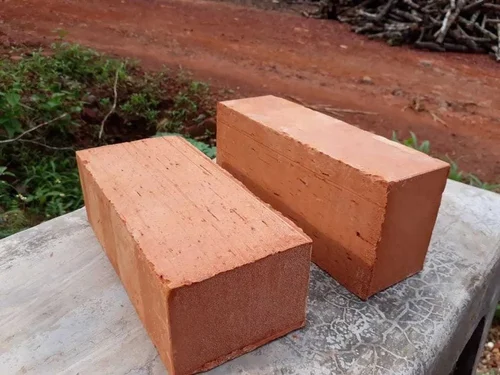
₹ 7 Get Latest Price
| Usage/Application | Side Walls |
| Material | Clay |
| Size | 9 in x 3 in x 2 in |
| Shape | Rectangular |
| Resistance Durability | Water Resistant |
2. Fly Ash Bricks:
- Description: Made from fly ash, a byproduct of coal combustion, mixed with cement, sand, and water.
- Advantages:
- Lightweight, reducing the load on the structure.
- Eco-friendly, utilizing industrial waste.
- Cost-effective and consistent in size and shape.
- Considerations:
- May not have the same aesthetic appeal as traditional clay bricks.
VED Fly Ash Bricks 9 in x 4 in x 3 in

₹ 10 Get Latest Price
| Usage/Application | Partition Walls |
| Size | 9 in x 4 in x 3 in |
| Material | Fly Ash |
| Color | Grey |
| Shape | Rectangular |
3. Concrete Bricks:
- Description: Made from concrete, often including coarse aggregates like gravel or crushed stone.
- Advantages:
- Durable and suitable for load-bearing applications.
- Uniform in size and shape.
- Versatile for various construction needs.
- Considerations:
- May not offer the same thermal properties as clay bricks.
Cement Concrete Bricks
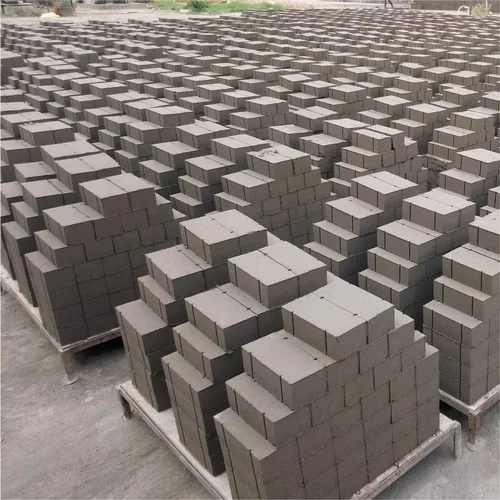
₹ 6/ Piece Get Latest Price
We “Sai Krupa Enterprises are Manufacturers of extensive Siporex Block, Concrete And Cement Paver Block, Concrete Block, Concrete Hollow Block, Interlocking Paver, Cement Bricks, Roof AAC Solid Block, etc.
4. Solid Concrete Blocks:
- Description: Large, solid blocks made from concrete.
- Advantages:
- Strong and durable, suitable for load-bearing walls.
- Excellent thermal insulation properties.
- Considerations:
- Heavy, requiring skilled labour for handling and installation.
VED Rectangular Solid Concrete Block
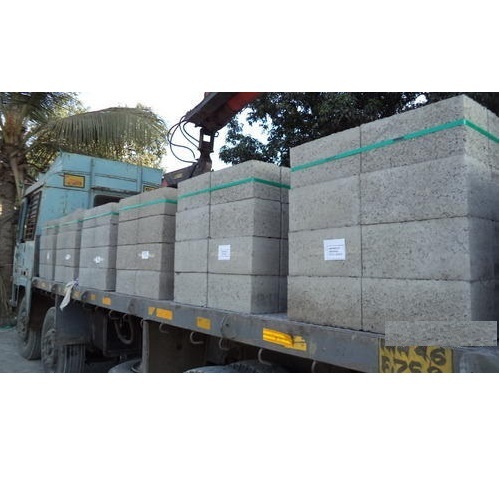
VED रेक्टेंगुलर सॉलिड कंक्रीट ब्लॉक
₹ 41 Get Latest Price
| Shape | Rectangular |
| Material | Cement, Concrete |
| Brick/Block Color | Grey Cement |
| Application | Construction |
| Brand | VED |
5. AAC Blocks (Autoclaved Aerated Concrete):
- Description: Lightweight blocks made from sand, cement, lime, and aluminum powder.
- Advantages:
- Excellent thermal insulation properties.
- Lightweight, reducing the load on the structure.
- High compressive strength.
- Considerations:
- Generally costlier than traditional bricks, but energy-efficient.
GreenStone Solid Aac Concrete Block, For Partition Walls, Size: 600 x 200 x 225 mm
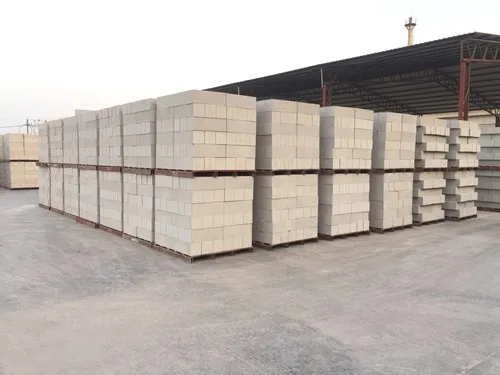
₹ 100/ Piece Get Latest Price
| Size | 600 x 200 x 225 mm |
| Shape | Rectangular |
| Brand | GreenStone |
| Material | Autoclaved Aerated Concrete |
| Usage/Application | Partition Walls |
6. Hollow Concrete Blocks:
- Description: Concrete blocks with hollow cores.
- Advantages:
- Lightweight and cost-effective.
- Provide thermal insulation.
- Versatile for various construction needs.
- Considerations:
- Require skilled labour for proper installation.
Concrete Hollow Blocks
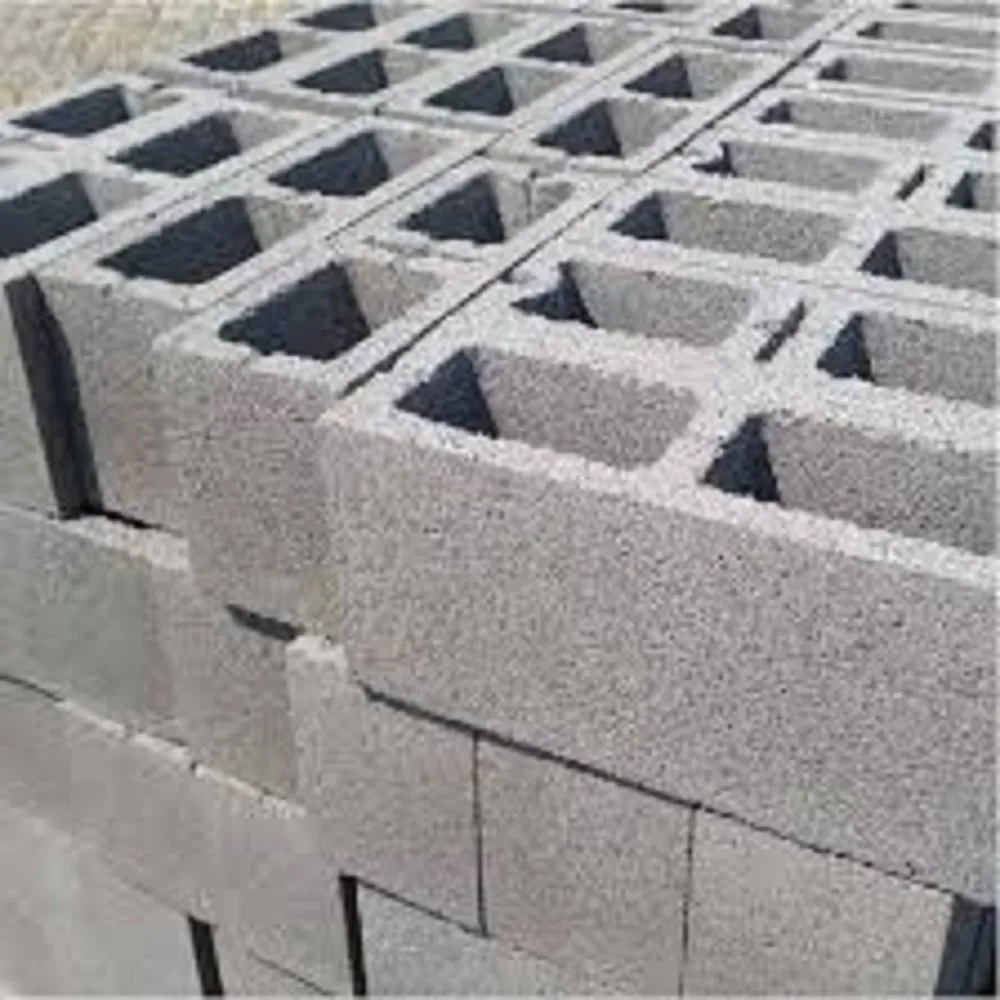
₹ 50 Get Latest Price
| Size | All |
| Color | Grey |
| Material | Concrete |
| Block Type | Hollow |
| Country of Origin | Made in India |
7. Porotherm Clay Blocks:
- Description: Hollow clay blocks with vertical perforations.
- Advantages:
- Lightweight and easy to work with.
- Good thermal insulation properties.
- Uniform in size and shape.
- Considerations:
- Generally costlier than traditional clay bricks.
Porotherm Clay Block
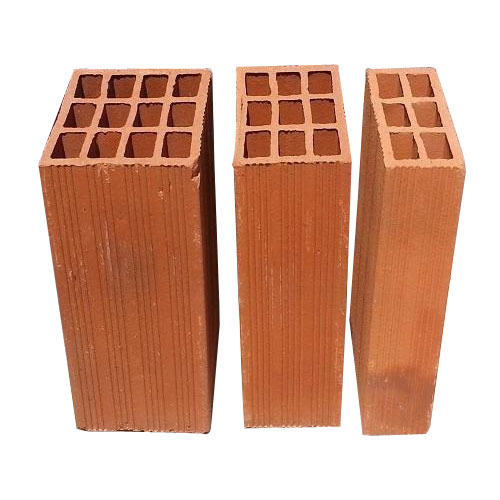
₹ 65 Get Latest Price
| Material | Clay |
| Brand | Sri Balaji Granites |
| Usage/Application | Construction |
| Resistance Durability | Fire Resistant |
| Thickness | 15 – 20 mm,15 – 20 mm |
8. Laterite Stones:
- Description: Naturally occurring stones with high iron and aluminium content.
- Advantages:
- Sustainable and readily available.
- Unique aesthetic appeal.
- Considerations:
- May require additional processes for shaping and sizing.
- Varied quality; choose stones with consistent properties.
Red Laterite Stone, For Flooring, Thickness: 20 MM
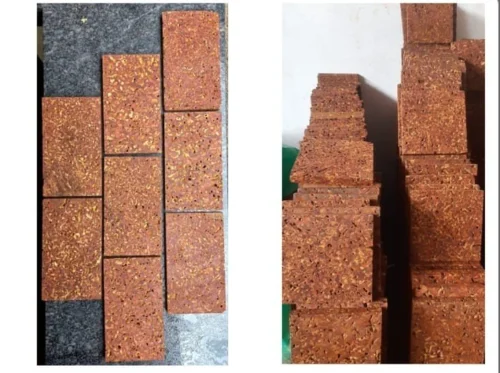
₹ 115/ Square Feet Get Latest Price
| Thickness | 20 MM |
| Usage/Application | Flooring |
| Color | Red |
| Size | 12/6 INCH |
| Country of Origin | Made in India |
When choosing the best brick for house construction in India, consider factors such as the local climate, budget constraints, structural requirements, and aesthetic preferences. Consulting with a local architect, engineer, or construction professional can provide personalized advice based on the specific needs of your project.

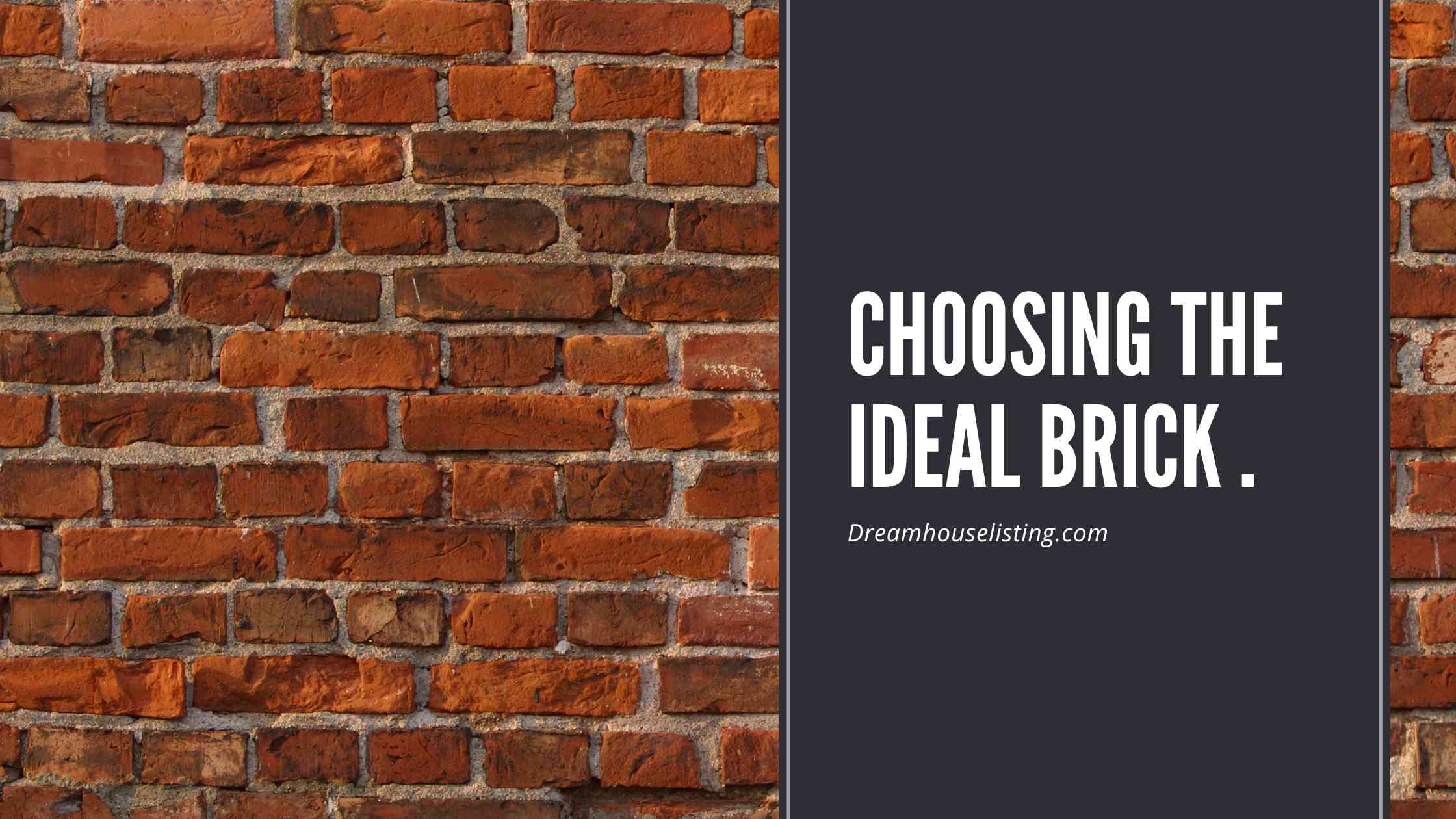
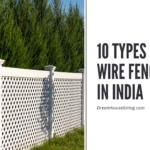

Pingback: From Bricks to Budget: A Breakdown of Home Construction Costs in Mohali - Dream House Listing | List your Property For Free
Pingback: Exploring the Costs of Constructing Underground Water Tanks in India - Dream House Listing | List your Property For Free